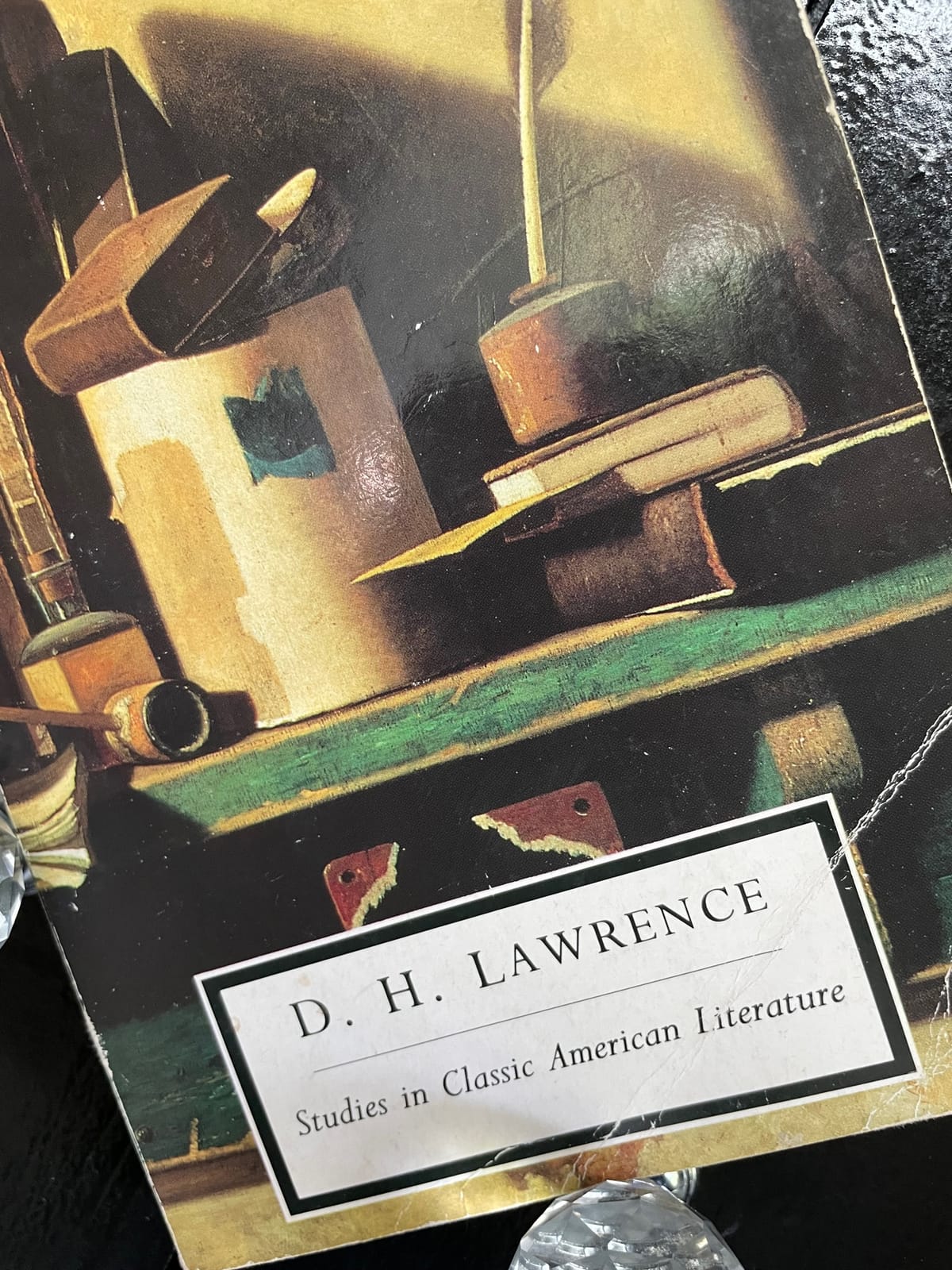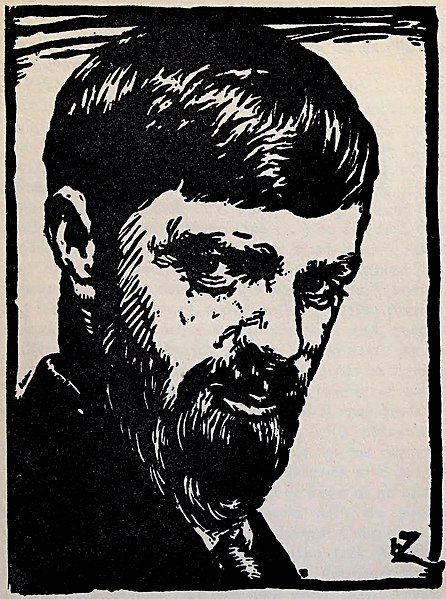Nobody Ever Read American Literature Like This Guy Did
A.O. Scott at New York Times


Inflamed, impertinent and deeply insightful, D.H. Lawrence’s “Studies in Classic American Literature” remains startlingly relevant 100 years after it was originally published.
It has been a hundred years since D.H. Lawrence published “Studies in Classic American Literature,” and in the annals of literary criticism the book may still claim the widest discrepancy between title and content.
Not with respect to subject matter: As advertised, this compact volume consists of essays on canonical American authors of the 18th and 19th centuries — a familiar gathering of dead white men. Some (Nathaniel Hawthorne, Herman Melville, Walt Whitman) are still household names more than a century later, while others (Hector St. John de Crèvecoeur, Richard Henry Dana Jr.) have faded into relative obscurity. By the 1950s, when American literature was fully established as a respectable field of academic study, Melville’s “Moby-Dick,” Hawthorne’s “The Scarlet Letter,” Whitman’s “Leaves of Grass” and Crèvecoeur’s “Letters From an American Farmer” had become staples of the college and grad school syllabus, which is where I and many others found them in the later decades of the 20th century. Thank goodness Lawrence got there first.
This is not going to be one of those laments about how nobody reads the great old books anymore. Not many people read them when they first appeared, either. My point is that nobody ever read them like Lawrence did — as madly, as wildly or as insightfully.
That’s what I mean about the gap between the book and its title. “Studies in Classic American Literature” is as dull a phrase as any committee of professors could devise. Just try to say those five words without yawning. But look inside and you will be jolted awake.
Lawrence’s deep reading and idiosyncratic learning are abundantly evident — he tosses off snippets of French, German, Italian and Latin, sprinkling his pages with allusions to ancient poetry and modern philosophy — but his tone is the opposite of scholarly. With its one-sentence paragraphs (“Flop goes spiritual love.”), jabbing exclamations (“Freedom!”), semi-rhetorical questions (“But what of Walt Whitman?”) and heavy use of italics and all-caps, the book can read like a scroll of social-media rants. Its manner is neither respectable nor respectful. Lawrence harangues his subjects in the second person (“Nathaniel!”), and subjects them to parodic paraphrase and withering, ad hominem judgment. “I do not like him,” he says of Benjamin Franklin. Benjamin Franklin!
The irreverence is refreshing, but these studies are far from frivolous. Lawrence’s bristling, inflamed, impertinent language provides a reminder that criticism is not just the work of the brain, but of the gut and the spleen as well. The intellectual refinement of his argument — fine-grained evaluations of style and form that still startle with their incisiveness; breathtaking conceptual leaps from history to myth and back again — is unthinkable without the churn of instinct and feeling beneath it. This is the work of a writer whose fiction — including his briefly banned masterpiece “The Rainbow” and his long-suppressed “Lady Chatterley’s Lover” — makes much of the conflict between decorum and desire.



